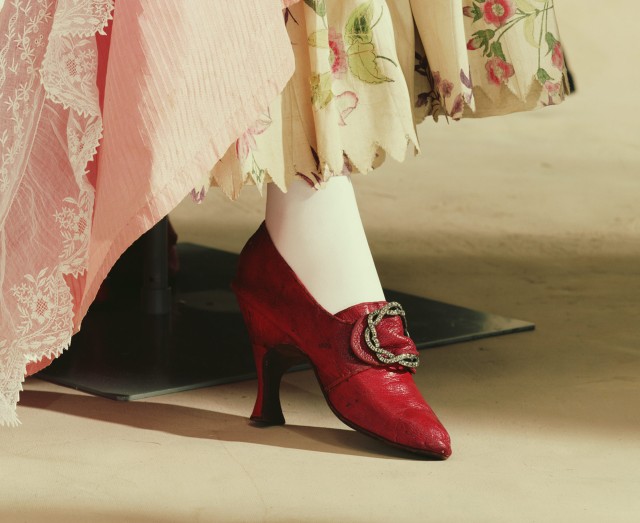Are you a waffler?
April 29, 2013 | By Rachel Hankey |
Waffle – Noun – a batter cake with a pattern of deep indentations on each side formed by the grid-like design on each of the two hinged parts of the metal appliance (waffle iron) in which the cake is baked
Waffle -verb (used without object), waf·fled, waf·fling British – to talk foolishly or without purpose; idle away time talking.

So, are you a waffler? By this, I am sure you realise I don’t mean a maker of waffles. I am sure it could be a wonderful summer job in Prague for instance, for a gap-year student wanting an interesting European experience, or anyone with a flair for the creation of hot desserts. An appealing and possibly lucrative trade. How many people do you know would find it easy to say no to a hot waffle?
So are you? A Waffler that is? Someone who idles away time talking. Worse still, if you are idling away someone else’s time. A captive audience will not appreciate being waffled at.
How do we define waffle? To me, waffle is unnecessary verbal padding/stuffing/diversion that detracts from your speech/interaction.
Of course, if you are preparing a speech and you have a time slot to fill, it’s tempting to feel the pressure to do so with an overriding disregard for the actual integrity of the content. The more relevant and authentic your information, the more power and resonance your speech will carry.
The more research you can do, the more you can cherry pick the most pertinent facts and work on delivering them in an engaging and entertaining way.
When speaking a particular pathway to a certain fact, ask yourself how much of the journey is really necessary. Anecdotes, jokes, statistics, props can all have their place in a speech but don’t let the form take over the content. After all, you want to leave your audience remembering the message. If they do this because of your clever use of music, charts and quotes then all credit to you and your powers of creativity. However, if you leave them unsure of the focus of your message, with snippets of sentences and a mish-mash of unfathomable comments, then you will have wasted a valuable opportunity.
Keeping people interested takes practise. Some people are naturally funny and very watchable and they fall into performance mode with ease. However, these people shouldn’t get too complacent. Again, if you know you can rely on your experience and personality to keep the focus of the room it can be easy to take things for granted.
 Remember you want to leave your audience with a clear understanding of the point of your message, not JUST how quick witted you are and how suave you look when you spin across the stage in your Italian leather shoes.
Remember you want to leave your audience with a clear understanding of the point of your message, not JUST how quick witted you are and how suave you look when you spin across the stage in your Italian leather shoes.
You are there to impart information. You need to be clear, concise and compact. That way, it will be much easier to remember.
So, instead of filling the time you think needs filling, with worthless waffle, use the time to reinforce the points that are purposeful.
Keep the waffle in its most worthy place. On a plate in front of you, awaiting the whipped cream and maple syrup.








